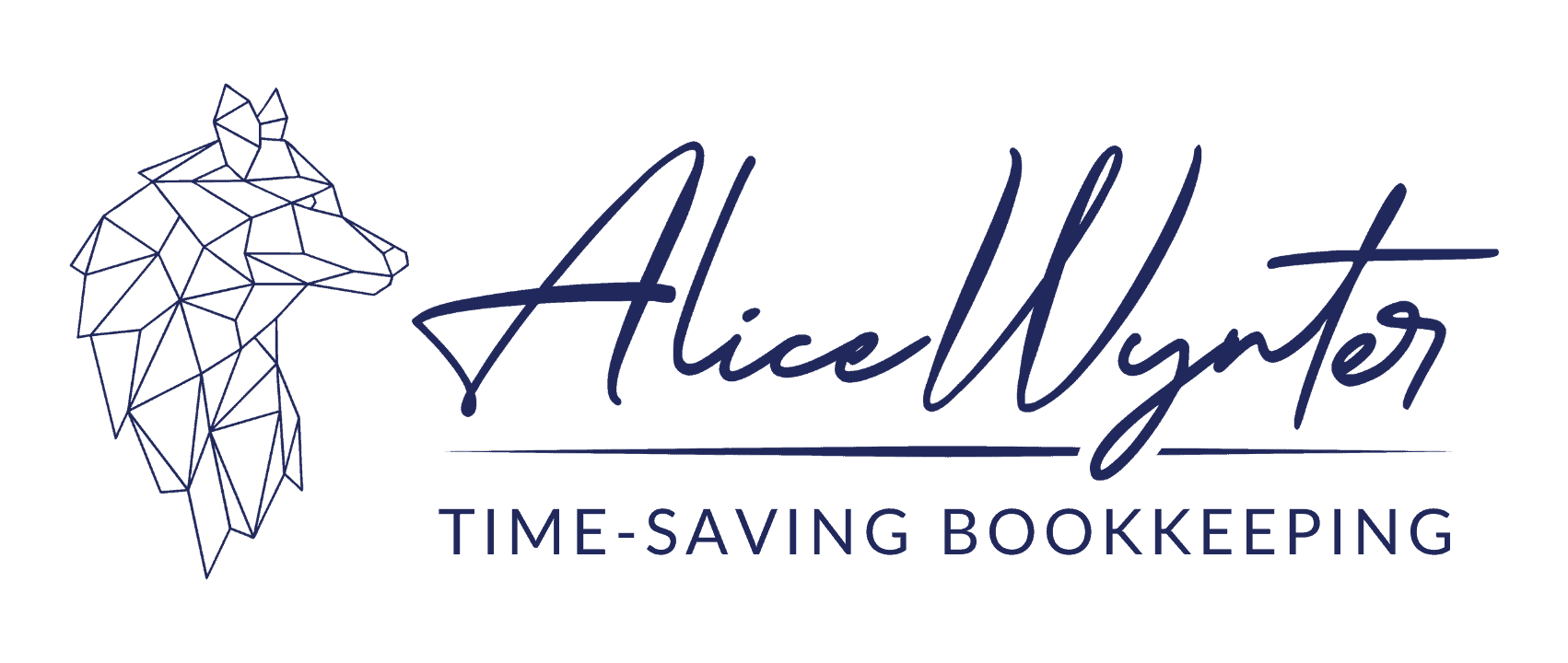As a small business owner, you likely have lots of ideas to grow your business. Maybe you want to hire additional staff to service more clients, or lease a larger location that would allow for additional services you want to provide.
Or, maybe your marketing strategy needs an overhaul and you know that hiring a professional marketer will help you expand your reach and impact.
Unfortunately, sometimes you can’t get your ideas off the ground because you don’t have the extra cash on hand to launch or implement that terrific new idea or project you just KNOW will help you grow.
So what should a savvy business owner like you do?
Here’s a true story for you – recently I was working with a client who was in this exact situation. Her revenues had plateaued, and she was having trouble figuring out the next steps. Together, we worked on creating a business plan for her, and that made all the difference! In putting together the plan she developed more ideas to grow, AND she was able to get financing to achieve her goals. Ultimately she was able to offer more services and this helped her to increase her revenue.
To begin this process for yourself, try asking this question:
“Do I have a clear and concise vision for growing my business?”
Without a doubt having a consistent and clear vision is completely necessary in today’s fast-paced and competitive world for any new enterprise to succeed. It can be overwhelming, however, for many business owners to figure out what to focus on and prioritize in order to achieve their goals.
Successful entrepreneurs understand this, and the way that they focus their vision, time, and energy is by first having a written business plan.
I know that sounds like a huge undertaking, but I’m here to help you break it down into manageable, simple pieces that you can achieve in a week! Here’s my quick guide to setting up a business plan that lets you focus on growth and goals simply, and with purpose.
What exactly is a written business plan?
A written business plan is something that I used early on in the development of my own business. It was through the process of writing one that all of my ideas were brought to life and achieved true and tangible meaning. My ideas turned into action steps which then gave me a clear direction to move towards.
Having a business plan will help you:
- Gain clarity in laying out your vision, your goals, and your priorities so that you can track your progress as your business begins to grow.
- Understand your marketing strategy and develop your knowledge of your value proposition, target market, and demographic, as well as the competition within your industry.
- Create financial projections for your business and keep it real when it comes to what revenue you can expect to generate and how you plan to grow it.
- Request financing from a lender. The lender will want to know that you have a clear and solid understanding of your business, that your management of it is solid, and that the potential for future growth and revenue is evident.
What’s included in a business plan?

Writing a business plan is really quite simple, and there are many do-it-yourself templates that you can find on the internet to help you with the process, but the main categories include:
- Your Executive Summary
- Your Business Overview
- Your Sales and Marketing Strategy
- Your Operating Plan
- Your Management Team and Key Employees
- Your Project Objectives and Risk Assessment
How do you feel when you look at what to include in your business plan? If you’re like many of my clients, you might have a feeling of dread and overwhelm just thinking about all of the details you will need to put this together, but don’t despair!
Writing a business plan to help you gain clarity and set goals can actually be very simple when you follow my 1-week plan. And why a 1-week plan? I’ve found that breaking down any process over a period of a week or so is a very good strategy for tackling any project.
The Step-By-Step 1-Week Business Plan

Here’s a process you can follow to get it done with minimal stress, over the space of 1 week. Each day, answer the following questions, making sure to add in anything that particularly relates to your unique business. Set aside at least one hour a day to tackle each part.
On Monday – Your Business Overview
- Describe your business in detail and be sure to include your mission, vision, and values.
- Consider industry and technological trends and possibly even any Government regulations.
- How does your business fall in line with the market you are selling into?
- Consider your competition, who are they, and what do they offer?
On Tuesday – Your Sales and Marketing Strategy
- Describe your customers and your suppliers in detail.
- What about advertising and promotions?
- How strategic is your pricing and how will you deliver your services or goods?
- What about your customer service policies?
- Do you offer a guarantee, or are your products under warranty?
On Wednesday – Your Operating Plan
- Where is your business located?
- What equipment and technology will you need to operate your business?
- Will you need capital for any of this?
- What about any environmental or other compliance matters?
On Thursday – Your Management Team and Key Employees
- Who are the leaders of your business?
- What are their contributions and talents?
- Key employees should also be discussed.
- Will you be working with an advisory team or other professionals to build and manage your business?
On Friday – Your Project Objectives and Risk Assessment
- What goals do you have for your company 1, 2, 3, and even 5 years from now?
- What risks can you foresee – perhaps stopping you from achieving these goals?
- How will you plan to avert them?
On Saturday – Your Executive Summary
- This is where you wrap everything from above into two or three neatly packed paragraphs. It will give the reader an overview of your business vision and goals in a nutshell.
- It makes sense to work on this section at the end of the week as you will have already put all the pieces together.
On Sunday – Take A Break!
Take a whole day and don’t even look at what you have written. Just leave it alone and go and do something for yourself so that you can reward yourself for a job well done. The next day, you will feel refreshed and ready to recap and summarize everything into the final document. With a fresh set of eyes, you’ll be ready and willing to finish what you started.
Summing It Up

Remember, by creating your written business plan, you are not only helping yourself solidify your vision, but you are also giving your business a blueprint and life of its own that you can build on for years to come.
In addition, having a written business plan could come in handy if you ever want to apply for financing, solicit funding or expansion from external investors, or even one day evaluate your business for a future sale.
The list of benefits is endless, and I’m sure you’ll be glad you took the time to implement a business plan to keep you moving in a positive and productive direction. And best of all, your business plan can be tweaked and referred to for years on end to keep you on track for business success.
Are you seriously considering writing a business plan now? If so, I hope I have given you some useful tips and guidelines that will help you. But, if you feel that you could use some one-on-one guidance, I offer consulting services to help you build a business plan that is tailored to your specific vision and strategies.
If you’d like to talk to me about how we can work together on creating your plan, all you have to do is book a free 30-minute clarity call with me right here.
Let’s talk!
Did you like this article? You may also like:
Women and Financial Coaching: A Perfect Fit
Cash Flow Clarity: 5 Questions To Help You Manage Your Money


